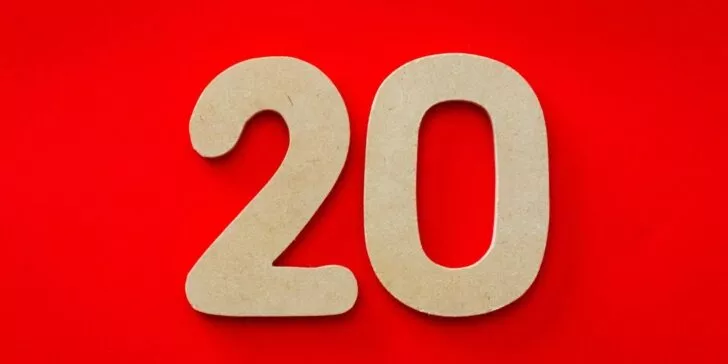April 25, 2007: I defended my master’s thesis and got a promotion and a raise all before lunch. Kind of the birthday of my official geekness. (And if you think I didn’t notice that it’s also the week of Shakespeare’s baptism – well, you misapprehend the depth of my geekness.) My master’s thesis has come up in conversation a few times recently, and it came to my attention that I didn’t actually have it online anywhere. So here we are. The title’s link goes to the full-text PDF, if you’re hankering for some outdated discussions of how technology, in enhancing communications, alters the languages that those communications use.
(Yes, when I wrote it, “new media” was still the accepted term. Yes, that was seven years ago now. Yes, that’s a long damn time.)
Title: Mind the Gap: How Electronic Media Are Narrowing the Differences Between the Languages in the U.S. and England
Mentor: Dr. Paul Levinson
Abstract: An examination of how “new media” (the Internet, cell phones, text messaging, instant messaging, etc.) are causing changes, and speeding up the changes, in the English language as it is used in the U.S., and the English language as it is used in England. This thesis begins with an overview of the classic differences in each, moves into a discussion of the changes, and concludes by positing explanations of how new media have influenced those changes. One conclusion is that it is likely that the individualization made possible by new media is increasing the importance of personal differences and therefore minimizing the importance of national differences. Another conclusion is that the “dialects” required for using each new medium may be creating common language patterns between individuals of different countries. However, these conclusions do not imply that the two languages are merging; the relationship is changing but they remain separate and belonging to distinct cultures.

